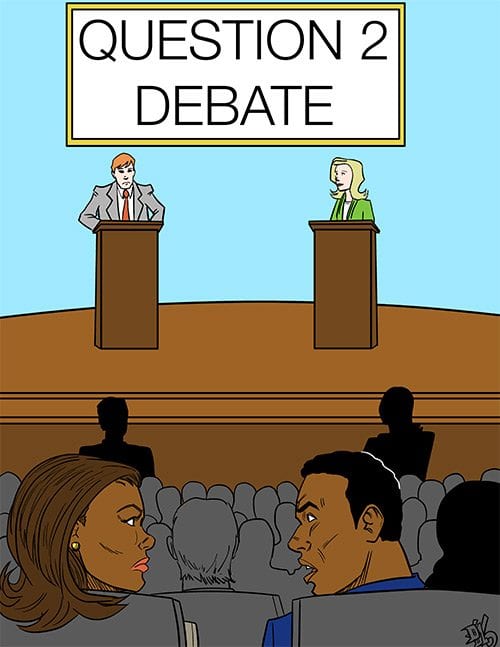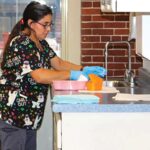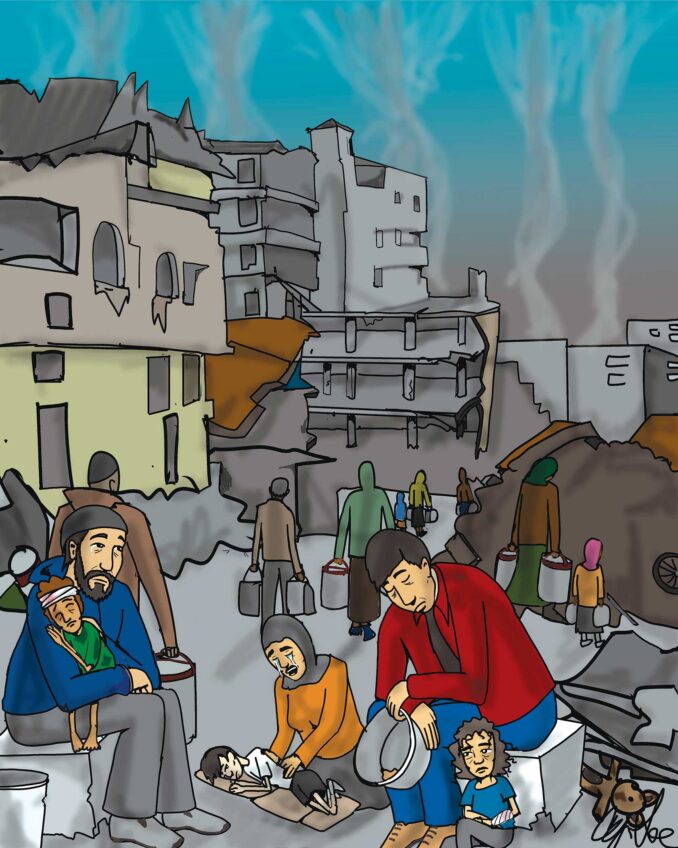
A volatile political issue in the Nov. 8 election is Question 2 on the ballot that permits the expansion of charter schools to 12 per year. Authorization for the expansion of an existing school or the establishment of a new school would still have to be approved by the state Board of Elementary and Secondary Education. A “yes” vote on Question 2 is a vote for academic innovation.
With the extraordinary academic success of some charter schools and the unfilled demand for admission, one would expect great support for Question 2, but there is a hitch. Public school systems have to pay to charter schools the per capita budget amount spent on each student. In Boston, that amounts to about $18,372 per student. However, of the estimated 77,200 school-age residents in Boston, the city already has a free ride for about 16 percent who attend private or parochial schools and METCO.
Nonetheless, there is some considerable objection to the cost to the city of about 7,100 students who already attend public charter schools at city expense. If the educational outcomes were unsatisfactory there would be good cause for dissent. The state board has the authority to intervene when charter schools fail to perform. However, the record of Edward W. Brooke Charter Schools indicates the extraordinary academic results that induce families involved with the education of their children to apply for admission. The results of the 2015 PARCC exam show why more than 4,000 families are on the waiting list for admission to Brooke, as well as other charter schools.
PARCC is an acronym for Partnership for the Assessment of Readiness for College and Careers, an association of states including Massachusetts, working to develop a national academic test. In the 2015 test, the Brooke Charter Schools grade 3 through 8 students scored the greatest percentage at the highest level (Level 5) of any public school in Massachusetts. With 85 percent of Brooke students at that Level 5 in the math and English language PARCC tests, the Boston Public Schools scored only 34 percent and 39 percent, respectively, in these exams.
One test result that should be of special interest to African Americans is that more black Brooke students topped the math test than the total number achieving that result in grades 3 through 8 in all Boston Public Schools. At Brooke, 109 black students attained Level 5 in math compared to only 75 in the whole BPS system. Such a result should be enough to dampen black opposition to Question 2. Clearly, African American political energy should best be focused on how to replicate the Brooke academic results in the BPS and other charter schools.
There is an assumption that students in schools in high income areas will outperform students from families with lower income. That is presumed to be the primary reason for the academic achievement gap. However, Brooke students outperformed the affluent towns of Weston, Newton and Belmont on the PARCC test. The academic success undoubtedly inspires Brooke students to continue to achieve in school. According to Brooke records, 98 percent go on to graduate from high school, a rate substantially higher than in other public schools.
The academic results at the Brooke Schools have been outstanding. It makes no sense to pass a law that prevents the growth of the charter school movement. Such schools develop pedagogical innovations that could improve the performance if replicated in public school systems. Indeed, charter schools have to be required to perform at the highest standard. The public has the right, in fact the duty, to be certain that public funds for education are well spent.
Continued excuses for failure in the academic outcomes from public schools are unacceptable. Charter schools like Brooke indicate that educational success is possible. Brooke achievements create a challenge to public school systems. It is too soon to shut down the innovation by voting “no” on Question 2. Vote “yes,” for the children’s sake.






